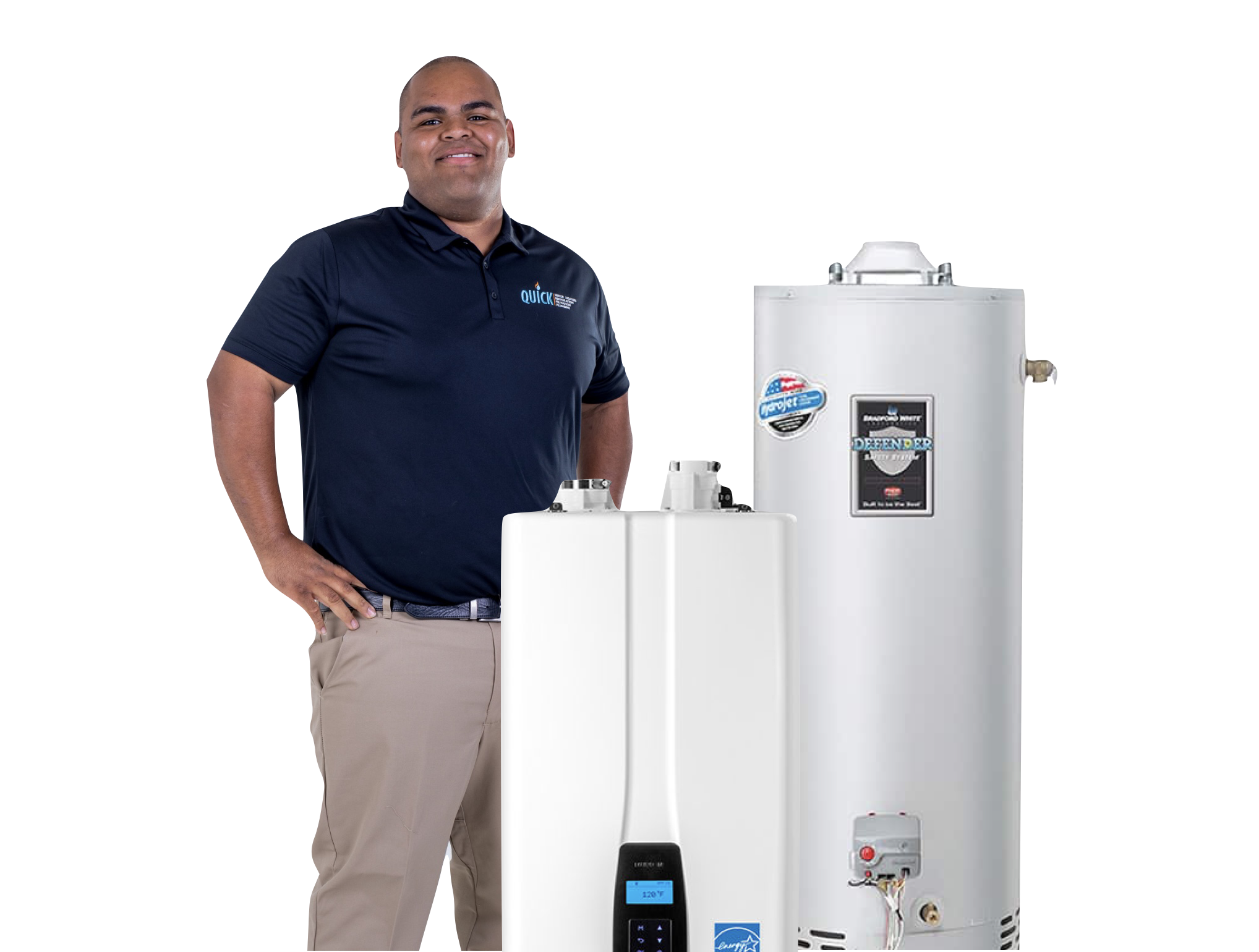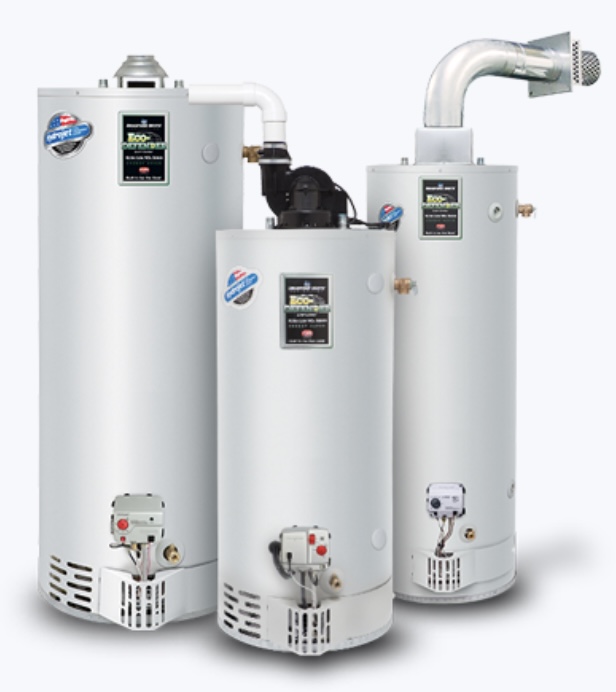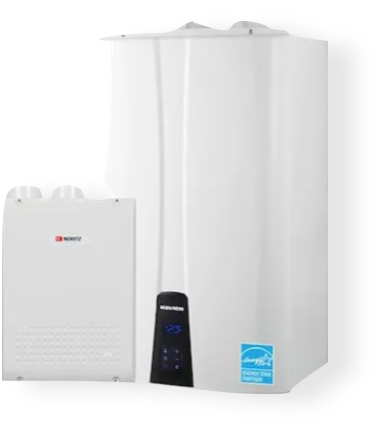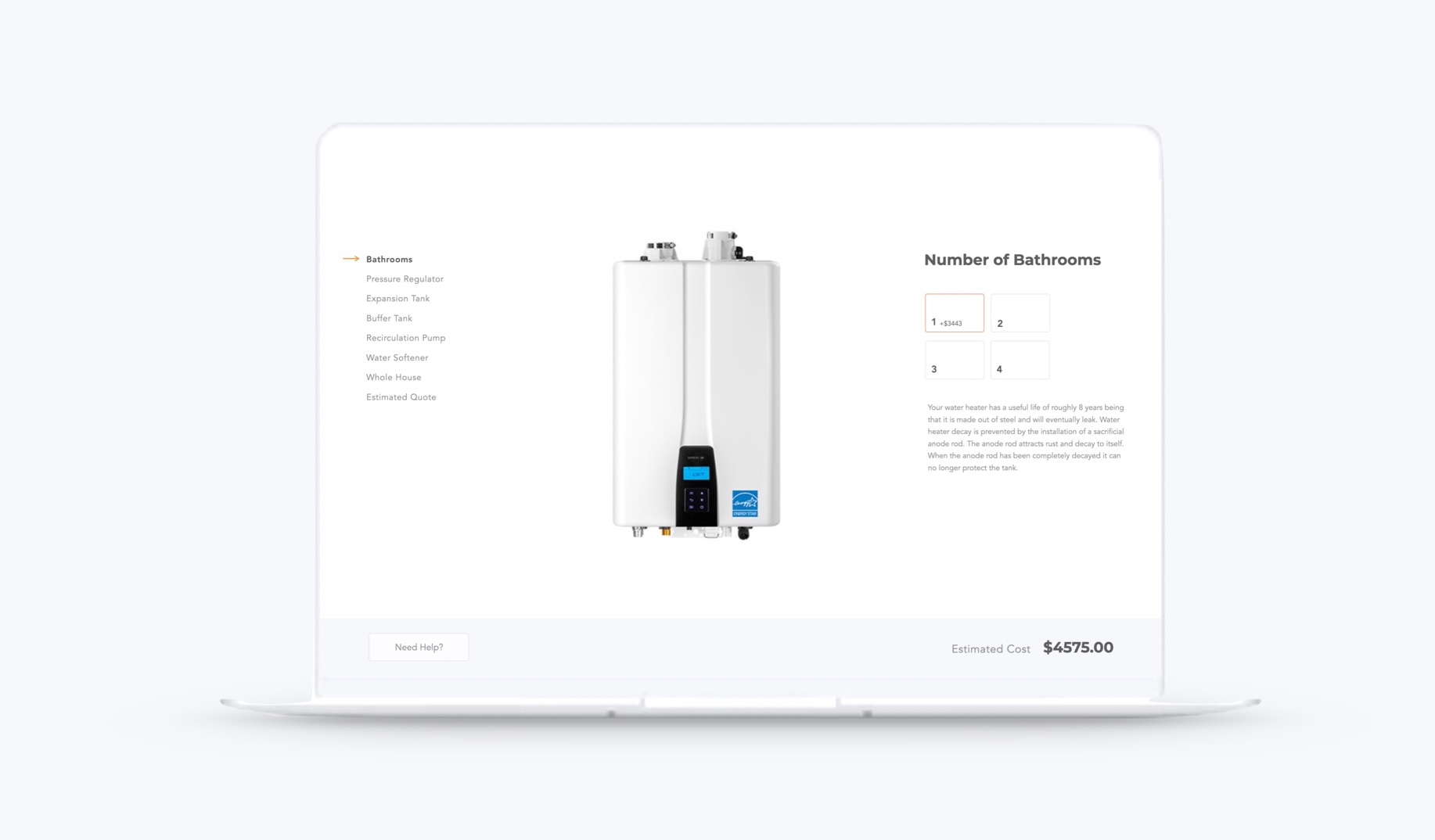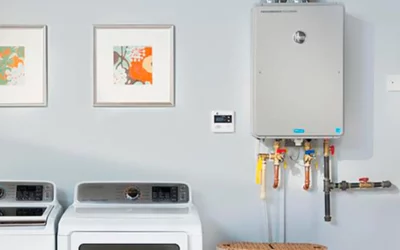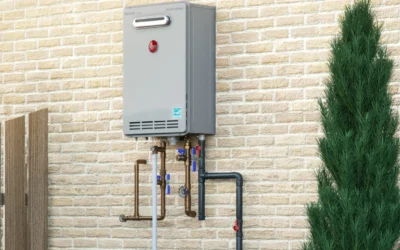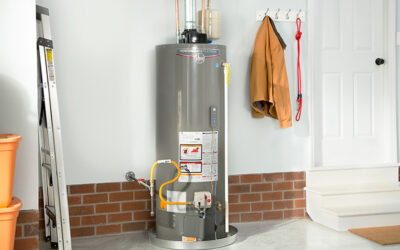Gas hot water heater repair can be done by homeowners themselves, saving them time and money. With a little understanding of the components and some troubleshooting skills, you can easily fix common problems that may arise. This step-by-step repair guide will help you navigate through the process, from shutting off the gas supply to replacing the thermocouple. Additionally, regular preventive maintenance tips, such as flushing the tank and cleaning the burner and pilot light, will help prolong the lifespan of your gas hot water heater. If you have any questions or concerns, refer to the FAQ section for expert advice. With proper care and maintenance, a gas hot water heater can last for many years, providing you with reliable hot water for your household needs.
Understanding Gas Hot Water Heater Components
Understanding Gas Hot Water Heater Components is essential for troubleshooting and repairing common problems in gas hot water heaters, such as issues with the gas burner, thermocouple, and pilot light.
Gas Burner
The gas burner is an essential component of a gas hot water heater. It is responsible for heating the water inside the tank. When the thermostat detects that the water temperature has dropped below the desired level, it sends a signal to the gas burner to ignite and start heating the water. The burner consists of a series of small jets that release natural gas or propane, which is then ignited by a pilot light. The heat generated by the burning gas transfers to the water, raising its temperature. It is important to ensure that the gas burner is clean and free from any debris or blockages to ensure efficient and effective heating. Regular inspection and cleaning of the burner can help prevent issues such as inconsistent heating or a complete lack of hot water.
Thermocouple
The thermocouple is an essential component of a gas hot water heater. It acts as a safety device to prevent gas leaks by detecting whether the pilot light is lit or not. It does this by generating a small electric current when heated by the pilot flame. If the pilot light goes out, the thermocouple will no longer generate a current, which signals the gas valve to shut off the gas supply to the burner. This prevents the release of unburned gas into the surrounding area. If you are experiencing issues with your gas hot water heater, such as the pilot light going out frequently, it may be necessary to replace the thermocouple.
Pilot Light
The pilot light is an essential component of a gas hot water heater. It is a small flame that ignites the gas burner when the heater is in use. If the pilot light goes out, the burner will not ignite, and you will not have hot water. To relight the pilot light, you will need to follow the manufacturer’s instructions carefully. Usually, you will need to turn the gas control valve to the pilot position, press and hold the reset button or the pilot button, and use a long lighter or match to ignite the pilot light. Once the pilot light is lit, you can release the button and turn the gas control valve back to the on position. It is important to regularly check the pilot light and ensure it is burning consistently.
Common Problems and Troubleshooting
Common Problems and Troubleshooting: This section provides information on the common issues that may arise with a gas hot water heater and offers troubleshooting tips to address these problems.
No Hot Water
If you are experiencing the issue of no hot water from your gas hot water heater, there are a few potential causes to consider. First, check if the pilot light is lit. If it is not, you can relight it following the manufacturer’s instructions. Another possible cause could be a faulty thermocouple, which is a safety device that shuts off the gas supply if the pilot light goes out. In this case, you may need to replace the thermocouple. Additionally, a buildup of sediment in the tank can lead to reduced hot water production. Flushing the tank regularly can help prevent this issue. If none of these steps resolve the problem, it may be necessary to call a professional for further assistance.
Low Water Pressure
Low water pressure in a gas hot water heater can be a frustrating problem to deal with. If you are experiencing low water pressure, there are a few potential causes to consider. One common cause is a clogged or dirty water supply line. Sediment, mineral deposits, or debris can accumulate in the supply line over time, restricting the flow of water. Another possible cause is a faulty pressure regulator. The pressure regulator is responsible for maintaining a consistent water pressure in the heater. If it is not functioning properly, it can lead to low water pressure. Additionally, a malfunctioning check valve or a partially closed shut-off valve could also be contributing factors. To troubleshoot and resolve low water pressure issues, it is recommended to check and clean the water supply line, inspect the pressure regulator, and ensure that all valves are fully open. If the problem persists, it may be necessary to consult a professional for further assistance.
Strange Noises
Strange noises coming from your gas hot water heater can be indicative of a problem that needs attention. There are several potential causes for these unusual sounds, such as sediment buildup in the tank, a malfunctioning burner, or a loose component. To troubleshoot the issue, it is recommended to first turn off the gas supply and power to the water heater. Then, drain the tank and flush out any sediment that may have accumulated. If the strange noises persist, it may be necessary to clean or replace the burner. However, if you are unsure about handling these repairs yourself, it is best to consult a professional for gas hot water heater repair.
Step-by-Step Repair Guide
This section provides a detailed guide on how to repair a gas hot water heater, including steps to shut off the gas supply, check for gas leaks, and replace the thermocouple.
Shutting Off the Gas Supply
When it comes to shutting off the gas supply for your gas hot water heater, there are a few important steps to follow. First, locate the gas shut-off valve, which is typically located near the heater. It’s important to know where this valve is in case of emergencies or if you need to perform maintenance. Once you’ve found the valve, turn it clockwise to shut off the gas supply. This will prevent any gas from flowing into the heater. Remember to exercise caution and only perform this task if you feel comfortable doing so. If you’re unsure or have any concerns, it’s always best to contact a professional for assistance.
Checking for Gas Leaks
To ensure the safety and proper functioning of your gas hot water heater, it is crucial to regularly check for gas leaks. Gas leaks can be hazardous and should be addressed immediately. Begin by turning off the gas supply to the water heater. Next, use a gas leak detector or a mixture of water and soap to inspect the connections and fittings for any signs of leakage. Apply the solution to the joints and connections and observe if there are any bubbles forming, as this indicates a gas leak. If you detect a gas leak, it is important to contact a professional plumber or gas technician to address the issue promptly. Regularly checking for gas leaks is an essential preventive measure to ensure the safety and efficient operation of your gas hot water heater.
Replacing the Thermocouple
Replacing the thermocouple is an essential step in gas hot water heater repair. The thermocouple is responsible for sensing the pilot flame and ensuring that the gas valve remains open to supply fuel. Over time, the thermocouple can become worn out or faulty, leading to issues with the pilot light and hot water production. To replace the thermocouple, follow these steps:
- Shut off the gas supply to the water heater.
- Remove the access panel covering the burner assembly.
- Locate the thermocouple, which is typically positioned near the pilot light.
- Disconnect the thermocouple from the gas valve by unscrewing the nut connecting it.
- Install the new thermocouple by screwing the nut onto the gas valve.
- Reassemble the access panel and ensure it is securely in place.
- Turn on the gas supply and test the water heater to ensure the pilot light ignites and stays lit.
By following these steps, you can easily replace a faulty thermocouple and restore the proper functioning of your gas hot water heater.
Preventive Maintenance Tips
Preventive maintenance tips are essential for ensuring the long-term efficiency and reliability of your gas hot water heater. This includes regularly flushing the tank, cleaning the burner and pilot light, and inspecting for any signs of wear and tear.
Flushing the Tank Regularly
Flushing the tank regularly is an essential step in maintaining your gas hot water heater. Over time, sediments and mineral deposits can accumulate at the bottom of the tank, reducing its efficiency and potentially causing damage. To flush the tank, follow these steps:
1. Turn off the gas supply and ensure the pilot light is extinguished.
2. Connect a garden hose to the drain valve located at the bottom of the tank.
3. Place the other end of the hose in a suitable drainage area, such as a floor drain or outside.
4. Open the drain valve and allow the water to flow out of the tank. Be cautious as the water may be hot.
5. Once the tank is emptied, close the drain valve and disconnect the hose.
6. Turn on the cold water supply to the tank to flush out any remaining sediments.
7. Repeat steps 4 to 6 until the water runs clear and free of debris.
8. Close the cold water supply and remove the hose.
9. Finally, turn on the gas supply and relight the pilot light.
By regularly flushing the tank, you can extend the lifespan of your gas hot water heater and ensure it operates efficiently, providing you with a steady supply of hot water.
Cleaning the Burner and Pilot Light
To clean the burner and pilot light of your gas hot water heater, follow these steps:
- Turn off the gas supply to the water heater by shutting off the gas valve.
- Allow the water heater to cool down completely before proceeding with the cleaning process.
- Remove the access panel to gain access to the burner and pilot light.
- Use a soft brush or a vacuum cleaner to remove any dust, debris, or soot that may have accumulated on the burner and pilot light.
- Inspect the burner and pilot light for any signs of damage or corrosion. If you notice any issues, it may be necessary to replace these components.
- Carefully clean the burner ports using a small wire brush to ensure proper gas flow.
- Clean the pilot light orifice using a compressed air can or a small wire brush to remove any blockages.
- Once the cleaning is complete, reassemble the access panel and turn on the gas supply.
- Relight the pilot light following the manufacturer’s instructions.
- Monitor the burner and pilot light for a few minutes to ensure they are functioning properly.
Regularly cleaning the burner and pilot light of your gas hot water heater helps maintain its efficiency and prevents potential issues.
Inspecting for Signs of Wear and Tear
Inspecting for Signs of Wear and Tear is an important step to ensure the proper functioning and longevity of your gas hot water heater. Regular inspection allows you to identify any potential issues before they become major problems. Start by visually examining the exterior of the heater for any signs of corrosion, rust, or leaks. Check the connections and valves for any wear or damage. Inside the heater, inspect the burner assembly and thermocouple for any signs of damage or malfunction. Additionally, listen for any strange noises coming from the unit during operation. By regularly inspecting your gas hot water heater for signs of wear and tear, you can address any issues promptly and prevent costly repairs or replacements in the future.
FAQ
FAQ: Frequently Asked Questions about gas hot water heaters, including how often to flush the tank, replacing the thermocouple, dealing with gas leaks, the lifespan of a gas hot water heater, and using it with low water pressure.
Q: How often should I flush my gas hot water heater?
It is recommended to flush your gas hot water heater at least once a year to remove sediment and maintain its efficiency.
Q: Can I replace the thermocouple myself?
Yes, you can replace the thermocouple in your gas hot water heater yourself.
Q: What should I do if I smell gas near my water heater?
If you smell gas near your water heater, it is important to immediately shut off the gas supply, open windows for ventilation, and contact a professional technician for further assistance.
Q: How long does a gas hot water heater typically last?
A gas hot water heater typically lasts an average of 8 to 12 years, depending on factors such as usage, maintenance, and water quality.
Q: Can I use a gas hot water heater if I have low water pressure in my home?
Yes, you can still use a gas hot water heater even if you have low water pressure in your home.


